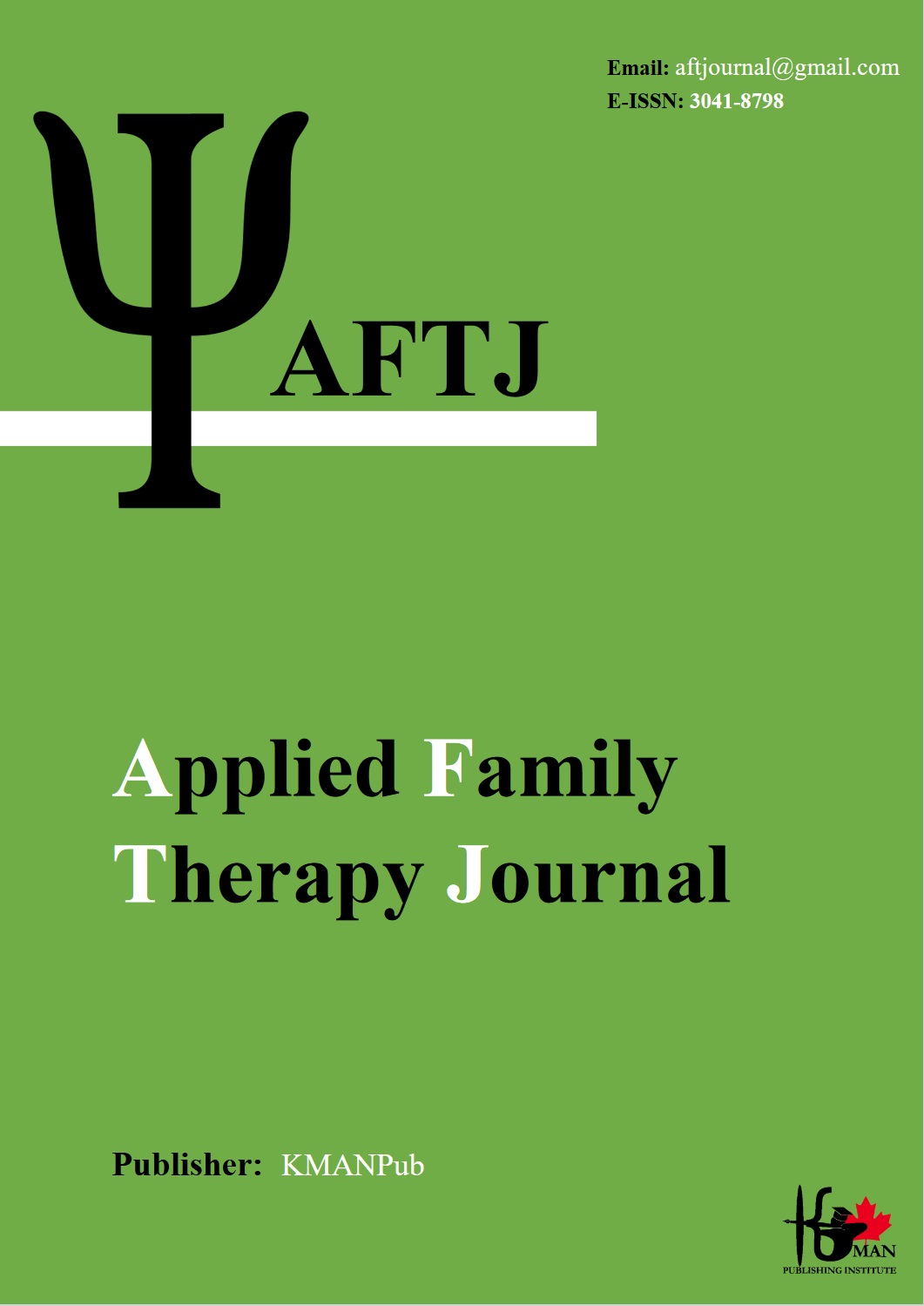A Comparison of the Effectiveness of Rational Emotive Behavior Therapy (REBT), and Acceptance and Commitment Therapy (ACT) in Improving Self-Care Behaviors
A Comparison of the Effectiveness of Rational Emotive Behavior Therapy (REBT), and Acceptance and Commitment Therapy (ACT) in Improving Self-Care Behaviors (Nutritional Behaviors, Physical Activity, Blood Sugar Control, Foot Care, and Medication Adherence of Patients) in Women with Type 2 Diabetes
DOI:
https://doi.org/10.61838/kman.aftj.3.1.3Keywords:
Self-care; Acceptance and commitment therapy (ACT); Rational emotive behavior therapy (REBT); DiabetesAbstract
Aim: The present study aimed to compare the effectiveness of rational emotive behavior therapy (REBT), and acceptance and commitment therapy (ACT) in improving self-care behaviors (nutritional behaviors, physical activity, blood sugar control, foot care, and medication adherence) in people with type 2 diabetes. Methods: The study was quasi-experimental with a pretest-posttest design, two experimental groups, a control group, and the follow-up stage. The statistical population consisted of all female patients with type 2 diabetes with a record in Parsian Clinic in Eslamshahr in 2019. Among them, 45 women were selected using the convenience sampling method and were randomly assigned to two experimental groups (15 per group), and a control group (n=15). The experimental group received acceptance and commitment therapy by Hayes et al. (2004), and the rational emotive behavior therapy (REBT) by Ellis (1999) in eight 60-minute sessions, and the control group was placed on a waiting list. The research tool included the diabetes self-care behavior questionnaire (Tubert and Glasgow, 1994) that was used at three stages, pre-test, post-test, and follow-up. Data were analyzed using repeated-measures analysis of variance. Results: Both interventions could significantly improve self-care behaviors (nutritional behaviors, physical activity, blood sugar control, foot care, and medication adherence) in patients with type 2 diabetes (P<0.05), but the acceptance and commitment therapy intervention had a greater effect on self-care behaviors in patients with type 2 diabetes. Furthermore, there was not any significant difference at the posttest follow-up stage (p<0.05), indicating the stability of intervention changes. Conclusion: Based on the results, acceptance and commitment therapy, and rational emotive behavior therapy (REBT) had effective interventions in increasing self-care behaviors in patients with diabetes.
Downloads
Downloads
Published
Issue
Section
License

This work is licensed under a Creative Commons Attribution-NonCommercial 4.0 International License.














